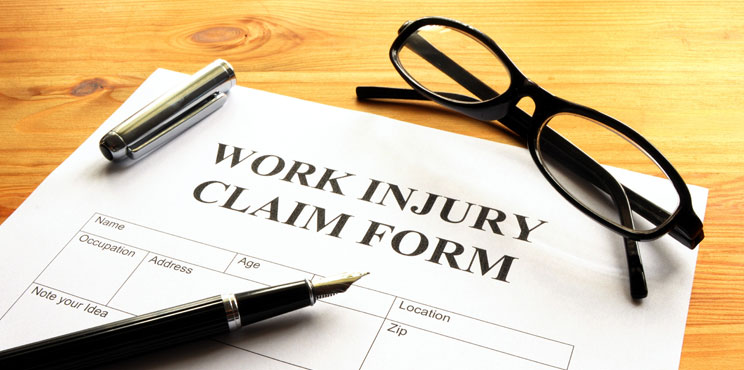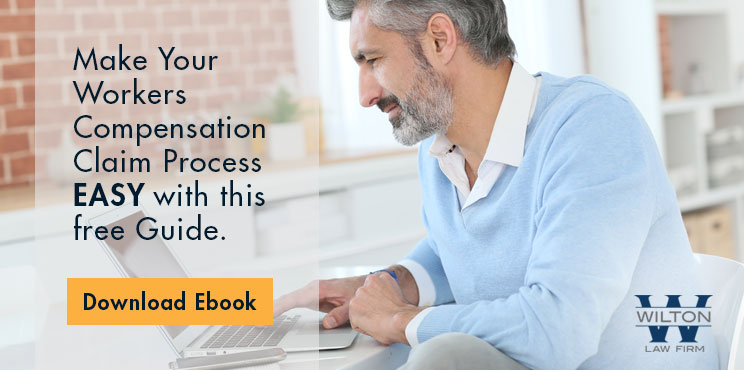Confused by the terminology regarding injuries or illnesses?
The law is confusing. First, there are two types of disability. If you become injured or ill and it was not work related, that is considered a disability for which you may qualify for short or long term disability benefits.
This benefit is provided by the state to replace lost income of workers who cannot work because of circumstances unrelated to their jobs. Employers sometimes offer their employees the option to purchase long-term disability insurance through a group plan.
If you are on temporary or permanent disability, you are restricted from working during the time you receive payments and you will have a ceiling on what you can earn.
However, you can also get disability payments from your employer’s workers’ compensation insurance carrier if your injury or illness happened in the course of doing your job. This is part of the workers’ compensation laws that apply to every New Jersey employer. Every New Jersey employer must have insurance for workers’ comp.
As you can see, the term “disability” can mean more than one thing.
If Your Injury Is Work Related
Sometimes it’s obvious that your condition happened at work, such as if you fall off a ladder at a construction site. But other times it isn’t so clear, such as if you were using a company car for personal business, or you develop a chronic illness from long-term exposure to fumes at work. We cover this elsewhere on our blog.
If your illness or injury is determined to be work-related—and sometimes this is disputed—it would fall under your employer’s workers’ compensation insurance.
If you are not sure which laws apply to you, a workers’ compensation lawyer can help you determine that.
Before workers’ compensation insurance became mandatory, workers would have to file what’s called a “tort claim” and prove negligence against their employer before they could collect lost wages and payment of medical bills.
Not anymore.
Workers’ Comp Protects in Almost All Situations

Today, New Jersey state law protects all employees from being injured or sickened on the job, regardless of whether or not the employer (or the employee) was negligent.
This is because New Jersey’s workers’ comp laws are designed to be “no-fault.”
For example, if a truck driver gets into a car accident while driving cargo, the driver is eligible for workers’ comp because it happened while he or she was on the job, regardless of who caused the accident.
Exceptions to this are possible: if you are on a business trip and you go skiing and break your leg, or you drink alcohol on the job, for instance.
If your condition is determined to have happened during the “course and scope” of your employment, workers’ compensation applies. As we noted above, though, course and scope is subject to legal interpretation.
What If the Accident Was Your Fault?
What does not matter in the determination of workers’ comp is who was at fault, or whether you contributed to the accident, for example, by not wearing safety goggles. But if you repeatedly refuse to obey safety regulations and your employer can prove that, it is possible to lose or have your workers’ comp claim reduced.
Workers’ comp insurance covers everything from a one-time injury to multiple occurrences over years that cause an injury. Everything from first-aid type injuries to something like asbestos-related damage, which takes years to show up.
If you have been injured or disabled at work, we don’t charge for a consultation. We have helped many other people in your situation to understand their rights. Call today and get your questions answered 732-275-9555. This post is not to be considered legal advice: your situation may differ and the law is complicated.
